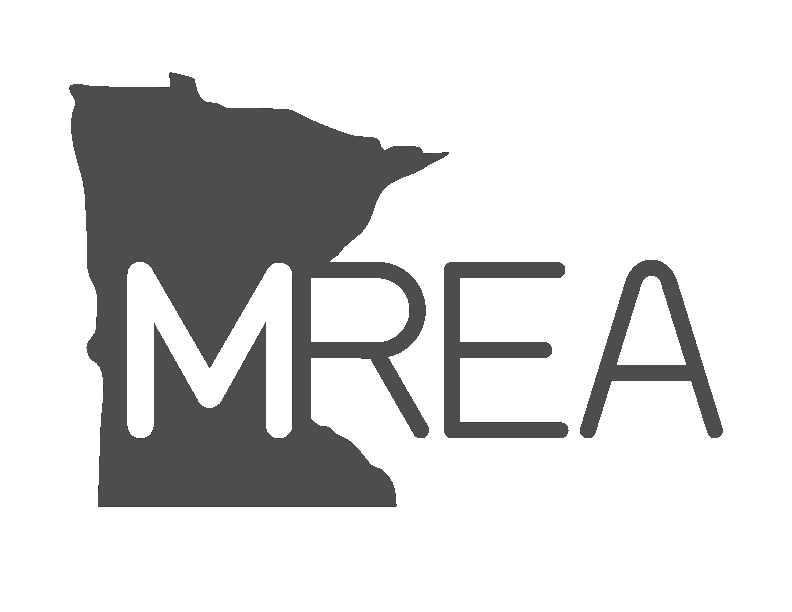What can we expect from the legislature in 2024?

The 2024 legislative session starts on February 12. With a two-year budget enacted last session, no bills need to be passed this year to keep the state government operating. However, there is a projected budget surplus of $2.4 billion, which will be used by Governor Tim Walz and the legislature to develop a supplemental budget for the 2024 legislative session. Minnesota Management and Budget will release an updated budget forecast in late February, at which time the governor and the legislature will adjust their budget proposals to match the updated amount.
With a smaller surplus than last year and the agencies buried under the work of implementing the extensive new programs and spending passed last session, we expect the focus of this session to be on a large funding package for public infrastructure needs across the state. Both legislative leadership and the governor have emphasized working on a capital investment bill as their main priority this session.
Other contributing factors to consider this session are the beginning of a $730 million renovation and expansion of the State Office Building which houses all house members and staff. House members need to be out of their offices once session concludes in May for the project to proceed on schedule. It is also an election year which means legislators running for reelection will be especially attuned to campaign politics.
With the carbon free by 2040 bill passed last session, the energy committees will be focused on proposals to better align the permitting process with the demands of the clean energy transition mandated by the legislature. A stakeholder group was convened over interim that resulted in a report offering 35 total recommendations for making the permitting process more efficient.
We also expect the moratorium on building new nuclear facilities in Minnesota to be a discussion item. As utilities work out how to comply with the 2040 carbon free mandate, all clean energy generation sources should be on the table, including nuclear. We take the stand that we need all available tools in our toolbox when working to provide reliable power to Minnesotans.
MREA is also working with the Department of Revenue and legislators on a clarification to how electric cooperative property taxes are assessed that will result in savings for members.
More broadly, we will be focused on preventing any new mandates from being imposed. While some legislators would like to enact more prescriptive requirements for how utilities decarbonize the electrical grid, we firmly believe they need to let the experts at utilities decide how we will reach 2040 carbon free compliance.
